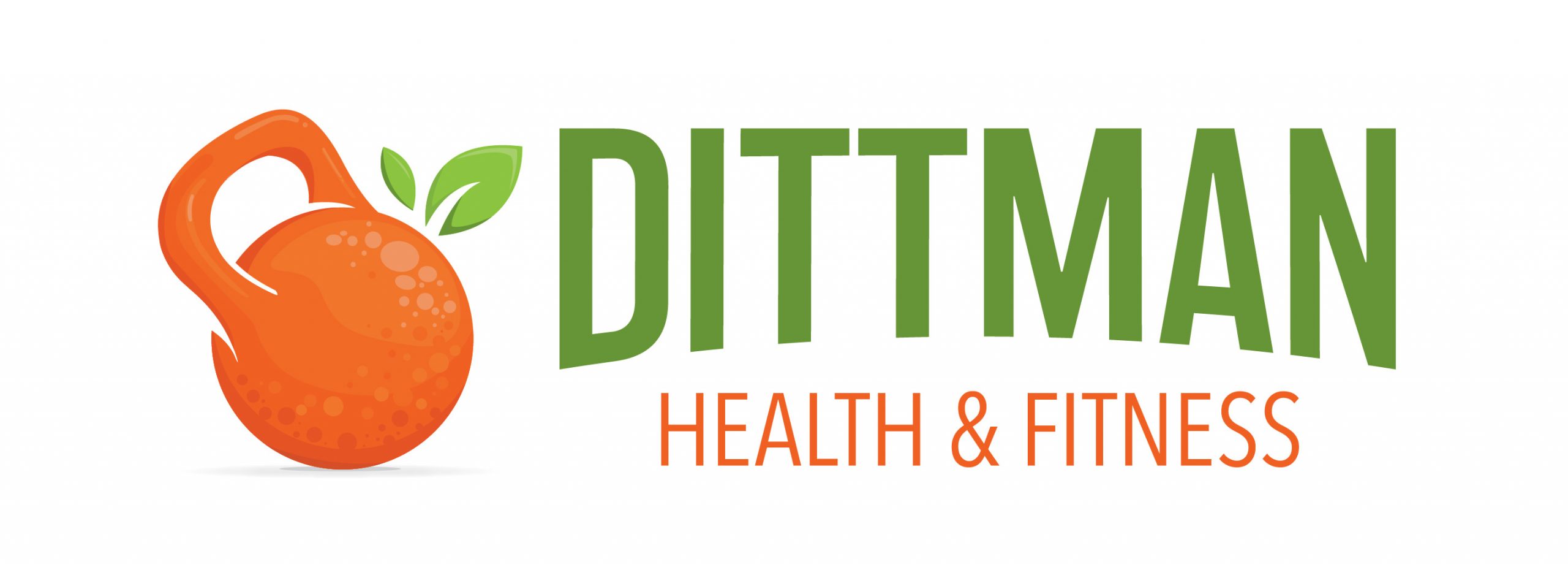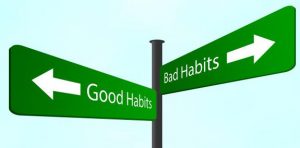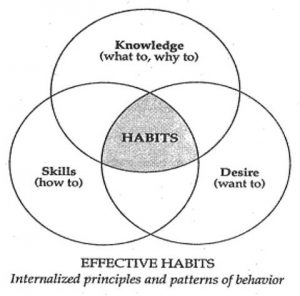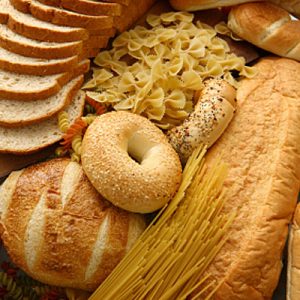
I’m sure you’ve heard bad things about carbohydrates before right?
It seems that notion is pretty well accepted today with books like ” Wheat Belly” and “The Paleo Answer” demonizing carbs. They talk about how they make you fat, increase blood sugar, decrease insulin sensitivity, and how cutting them out make you lose weight.
All of those things can be true. Just like how lifting weights can lead to injury. But it rarely does, and usually only does lead to injury because people do not know how to lift properly.
However, carbs aren’t bad. Your body needs carbs and cannot function properly without them.
The Function of Carbs in the Body
Carbohydrates are the human body’s primary way of storing and using energy. Once ingested, carbs undergo one of three enzyme mediated pathways: glycolysis, the citric acid cycle, or oxidative phosphorylation.
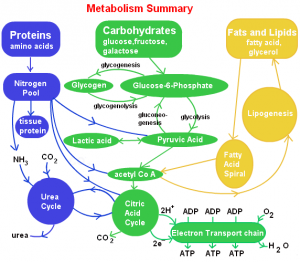
The end result of these metabolic processes is ATP, which our cells use for energy.
Carbs are very important however, their intake should be monitored and getting too much or too little can wreak havoc over the long term if you aren’t careful.
Which is Better: Low Carb or High Carb?
It depends. Lame answer right? But it’s true. There is no one size fits all solution to this, as with most things in life. It is highly dependent on your goals, activity level, and metabolism.
Higher carb intake is great for athletes or people that are very active. The high energy output they produce requires a lot of energy to be put in to restore the body.
This is why “carb loading” is a thing. This is when marathon runners or other athletes basically feast on carbs the day or two before their event. Essentially they are building up their glycogen stores and putting extra energy in because they know they will be expending a lot soon.
Conversely, low carb diets can be a great tool for someone looking to cut body fat who is most likely an advanced trainee. This is typically seen in the ketogenic and paleo lifestyles that are popular today.
Although low carb can work, cutting carbs out completely should never be a thought! I hear this all the time when people are talking about new diets they are going to try for their new year’s resolutions (which almost always fail-a post for another time). They claim they are following whatever diet plan that has them eliminate carbs and they lose weight super fast.
Well yes, you will lose weight very quickly if you cut carbs out. But, you will be starving your body of energy. And guess what, the 10 pounds you lose from cutting carbs for a week will come right back once your body gets too exhausted and you give in to eating carbs again. It’s not sustainable.
If you want to lose fat it’s very simple: burn more calories than you consume.
The Accounting of Fat Loss

The body and its energy balance comes down to some basic accounting. In accounting, debits = credits (or they should). The body and its energy is the same way.
Think of it like this,
To gain weight:
energy consumed > energy burned
To lose weight:
energy consumed < energy burned
To maintain weight:
energy consumed = energy burned
With this in mind, losing fat then becomes a numbers game. It comes down to consuming less calories than you burn off in a day. This puts the body in a negative energy balance and it is forced to get the energy from somewhere else i.e. fat reserves or protein. It prefers to use fat reserves for awhile after glycogen is used up because it is more energy dense and to preserve body muscle mass.
Conclusion
While it is important to keep track of how many carbs you consume, at the end of the day it matters most how many calories you are supplying your body with when concerned with body composition. If you are looking to lose excess body fat you need to have a caloric deficit and burn off more calories than you consume in a day. A balanced diet of carbs, fat, and protein along with all the essential micronutrients is the best for anyone. Carbs are an essential nutrient and they are not the sole reason people are fat.
What is your experience with carbs? Have you followed a high or low carb diet, and what were the results? Leave your thoughts below!
Photo credits:
http://chemistry.tutorvista.com/organic-chemistry/carbohydrate-metabolism.html
http://www.health.com/health/gallery/0,,20359383,00.html
https://www.google.com/search?q=accounting&source=lnms&tbm=isch&sa=X&ved=0ahUKEwj_4aTmn53TAhVL_WMKHbZKB6QQ_AUICSgC&biw=1366&bih=589#imgrc=k2b0sqJ0MzP3kM:
